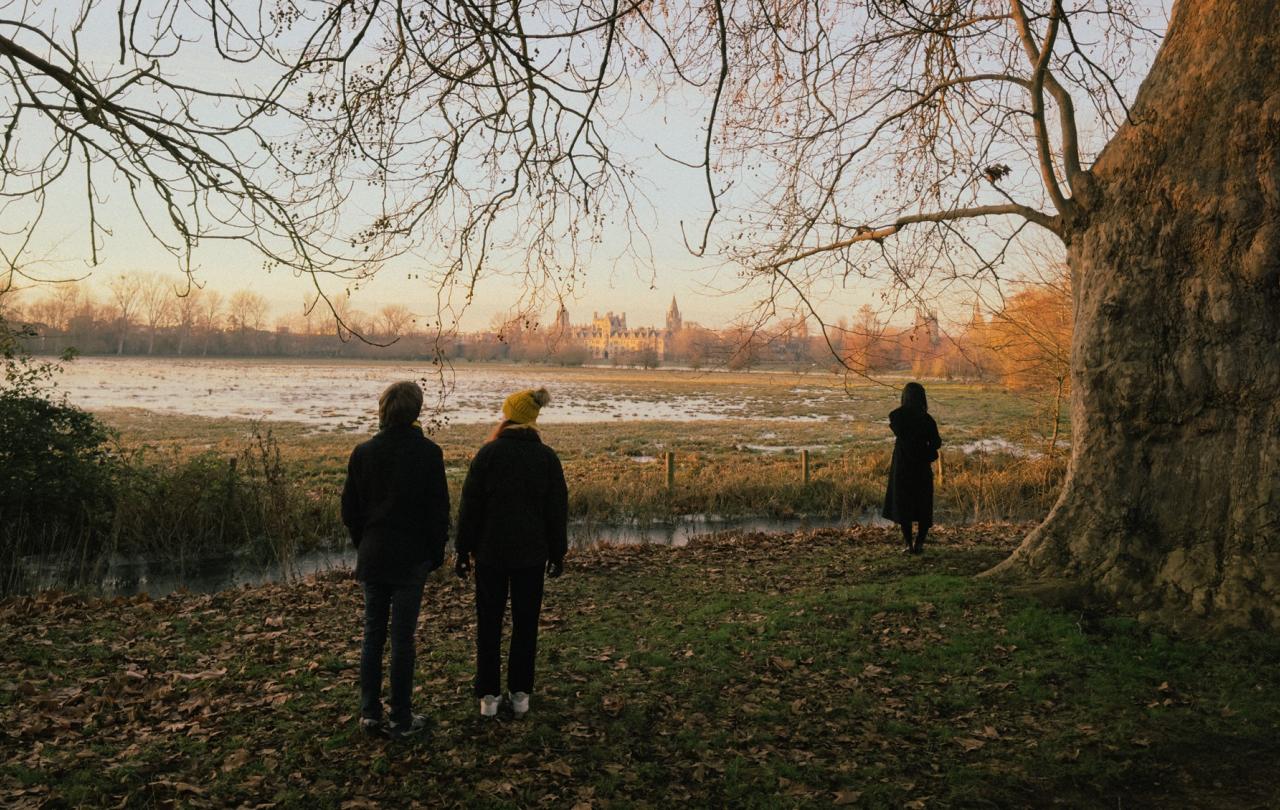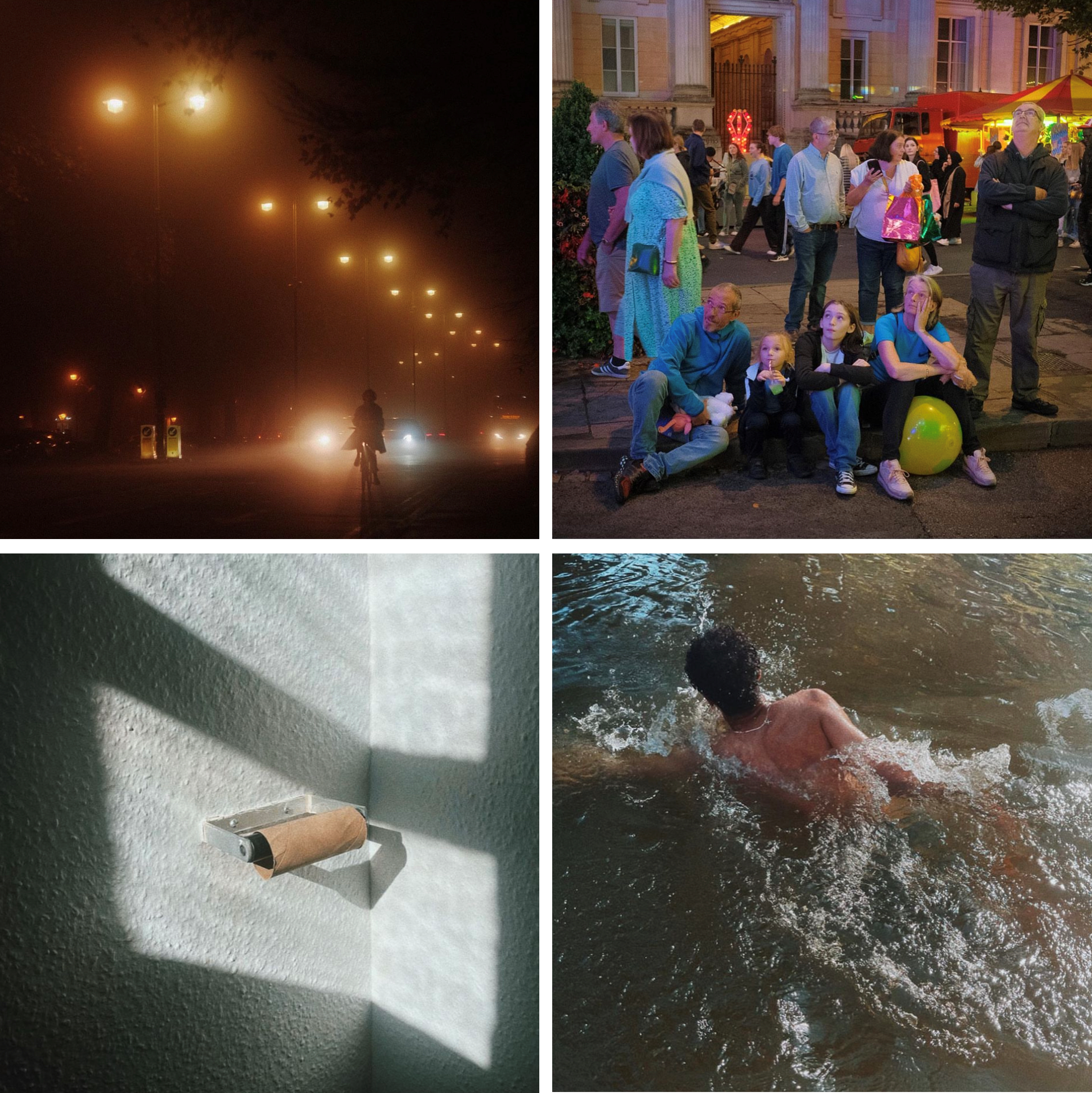
I don’t watch films about addiction. When I first got clean and sober almost nine years ago, I soaked in any piece of content I could find on drugs, drug use and recovery. At the time it was just YouTube clips of Russell Brand and the occasional memoir of a starlet who turned to cocaine before discovering yoga. After going to a 10:30am showing of Amy Winehouse documentary film Amy and bawling through the entire film, I decided to call it quits. I don’t need to see horrific stories of desperation – I’ve lived one. I am not a casual observer of addiction narratives; I’ve got skin in the game.
In 2018 I went to see A Star Is Born thinking I was watching a rags-to-riches tale of an unlikely popstar. I quickly realised we weren’t there to witness the female protagonist’s ascent, so much as the male protagonist’s decent. I got back in my car and had to wait a quarter of an hour for the fit of hysterical tears to pass before I drove home. I had the same realisation watching A Good Person.
Going in I knew that I had signed up to a film with Morgan Freeman and Florence Pugh. I knew that Pugh’s character Allison “had it all” before a “dramatic accident changed everything”. The ground here sounded so well-trodden that I thought I may need my wellies to navigate it. I knew that there was some element of addiction, but I envisaged a reasonably light touch depiction of a few too many nights on the sauce.
I knew I was wrong when, about half an hour in, Allison lay on the cold bathroom floor to soothe her withdrawal from prescription opioids. She was sweating, shaking and breathless and from then on, it all felt distressingly familiar. The trajectory of her decline was too quick, too obvious, too accurate. As Allison bargained, manipulated and begged for drugs, I saw myself. As Allison looked directly into the mirror and said: ‘I hate you’ to her own glazed reflection, I saw myself. As Allison was dragged out of a stranger’s house party unable to stand up straight, I saw myself.
The hopelessness, the false starts, empty promises and rare moments of lucidity rang so true, that I would find it hard to believe writer Zach Braff hadn’t experienced his own similar hardship. Either that or the recovering addicts they hired to consult on the project deserve a bonus of investment banker proportions.
When Allison eventually reached out for help and asked a woman to sponsor her, the loving directness that came back was reminiscent of those I was given by my first sponsor. It was virtually word for word what I remember being told when I, nine days sober, made the same terrifying request. The experienced mentor told her: “Some beat it, some die.” And she’s right.
Any of my friends who went to an in-patient treatment centre were told to look around because in five years a decent number of their cohort would be dead. And they were always right. Some people give up and let the tide of addiction pull them under. They feel exactly as Allison did when she told Daniel (played by Morgan Freeman): “I’m not sure I have the will.” And when she confessed in a Narcotics Anonymous meeting that: “Without [the pills] I want to die.”
In the 2015 film Amy, the one that convinced me to stick to rom-coms, there’s a scene that stuck with me. Amy had been invited to perform at the Grammy’s but was denied a visa because of her well-documented drug use. It was arranged for her to live perform in London and it would be broadcast on big screens at the event. When the date came around she was in a stint of sobriety. She performed beautifully and won five Grammys. One of her friends burst into her dressing room to celebrate the momentous achievement but all Amy said was that it wasn’t as good without the drugs.
You learn to love the cage you built around yourself and stop dreaming of more, because you are blind to anything beyond the walls you’ve created.
Getting into addiction means silencing that feeling in your Spirit that says that something isn’t right and you should go home. It’s consistently pushing through when you get a pit of your stomach urge to cut and run. Because you want the drugs, so you know you’ll have to take the chaos they’re packaged in. At some point you stop remembering that you ever felt uncomfortable, and you start to think you enjoy where you are, what you’re doing and the people you’re doing it with. You get Stockholm syndrome and life before your captor is a distant memory. You learn to love the cage you built around yourself and stop dreaming of more, because you are blind to anything beyond the walls you’ve created. You’re not happy, but what other options do you have? You could trade the misery of addiction for the misery of abstinence, but either way you’ll be miserable so you might as well do it with the drugs.
Except, that’s not true. When we’re living our lives right, we’re living them in complete freedom. Slaves to no substance or behaviour with the freedom to say yes to what we want and, crucially, the freedom to say no. It’s the present Jesus gave us in the resurrection but so many of us, myself included, hand it back like it came with a gift receipt.
I wish I’d known the dreams that would be realised, the friendships forged and the profound moments I would experience on the other side of those first, excruciating months of sobriety.
What I wish I could have told Amy at the Grammy’s, Allison in that NA meeting and myself when I first said the words: “I think I’m addicted”, is that there’s so much more than what you can currently see. I wish I’d known the dreams that would be realised, the friendships forged and the profound moments I would experience on the other side of those first, excruciating months of sobriety. I would have wanted to know that in time my grip would loosen, my knuckles would go from white back to their fleshy hue and I would be able to breathe again. It wouldn’t feel like a compromise or half a life or as though something was missing, but I would feel more fulfilled and alive than any drug would ever allow me.
A Good Person demonstrates the chronic and repetitive condition of addiction with a laser sharp accuracy that, for someone with lived experience, could burn. But it’s also a tender reminder of the power of unlikely friendships forged from a mutual understanding of adversity. It made me think of the woman who scooped me up as I backed away from my first ever support group meeting and said: “You can sit next to me.” It made me grateful for the woman who mouthed “it’s going to be OK,” at me across the table as I sat there listening with tears rolling down my face. It reminded me of the awe I felt the first time I heard someone speak about the insomnia, shame and self-hatred of drug addiction, and I realised I wasn’t the only one. The film showed the transformative effect of consistent community in a way that I hope encourages people to turn up to one of those meetings like Allison and I did. I pray that it is the turning point in many people’s lives.
Should you go and watch it? Absolutely. Just don’t ask me to go with you.






